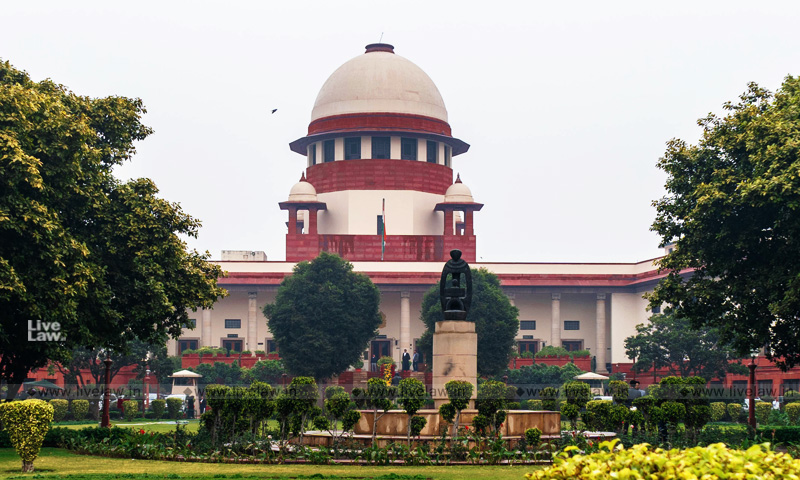While recommending two names for appointment as Supreme Court judges, the Collegium led by Chief Justice of India D Y Chandrachud stated that the collegium had taken “the seniority of Chief Justices and senior puisne Judges…” into account.

What is a Puisne Judge?
- The word puisne has French origins and means “later born” or “younger” in the dictionary.
- It is pronounced / “puny,” which is an English word for small or undersized.
- Puisne is almost always used in reference to judges and denotes seniority of rank.
- In common law countries, the term puisne judge refers to lower-ranking judges, i.e., any judge other than the Chief Justice of that court.
What exactly is common law?
- Common law is the body of law established by judges through written opinions rather than statutes or constitutions (statutory law).
- Common law, which is synonymous with “case law,” is founded on judicial precedent.
- The United Kingdom (UK) and Commonwealth countries, including India, follow common law.
Legal citation to Puisne Judges
- The Supreme Court clarified in the Third Judges Case ruling in 1998, one of the two cases that led to the evolution of the collegium system, that the CJI must make a recommendation to appoint a Supreme Court Judge and to transfer a Chief Justice or puisne Judge of a High Court in consultation with the four seniormost puisne Judges of the Supreme Court.
Is a “puisne judge” in India the same as one in the United Kingdom?
- In the United Kingdom, puisne judges are judges who do not hold specific titles.
- A “puisne judge” was defined by the Supreme Court of Judicature Act of 1877 as any High Court judge other than the Lord Chancellor, Lord Chief Justice of England, and Master of the Rolls.
- All judges in India have the same judicial powers.
- The Chief Justice has an additional administrative role as the court’s seniormost judge.
- In India, a puisne judge is mentioned only when considering the order of seniority for appointments, elevations to High Courts, and so on, but it has no bearing on the exercise of a judge’s judicial power.
What is the recent context?
- The Supreme Court collegium recommended current Chief Justices of the Allahabad and Gujarat High Courts for appointment as Supreme Court judges.
- While giving reasons for its recommendation, the collegium said that the decision was made taking “into consideration the seniority of Chief Justices and senior puisne Judges in their respective parent High Courts.
- This was done because seniority is one of several factors considered when appointing to the higher judiciary.
Source: https://indianexpress.com/article/explained/everyday-explainers/puisne-judge-supreme-court-8418463/#:~:text=According%20to%20the%20dictionary%2C%20the,has%20an%20additional%20administrative%20role.%20(
